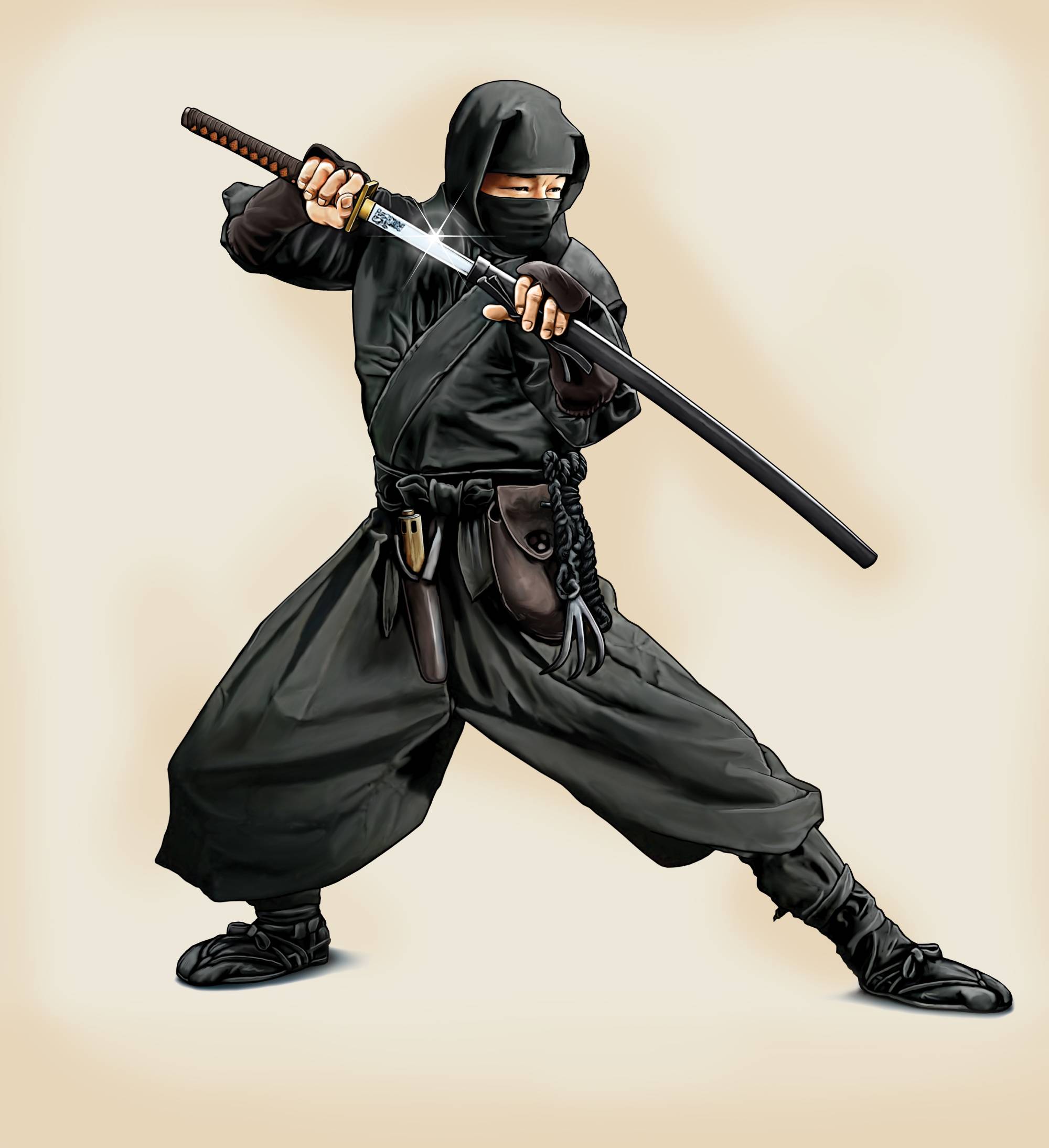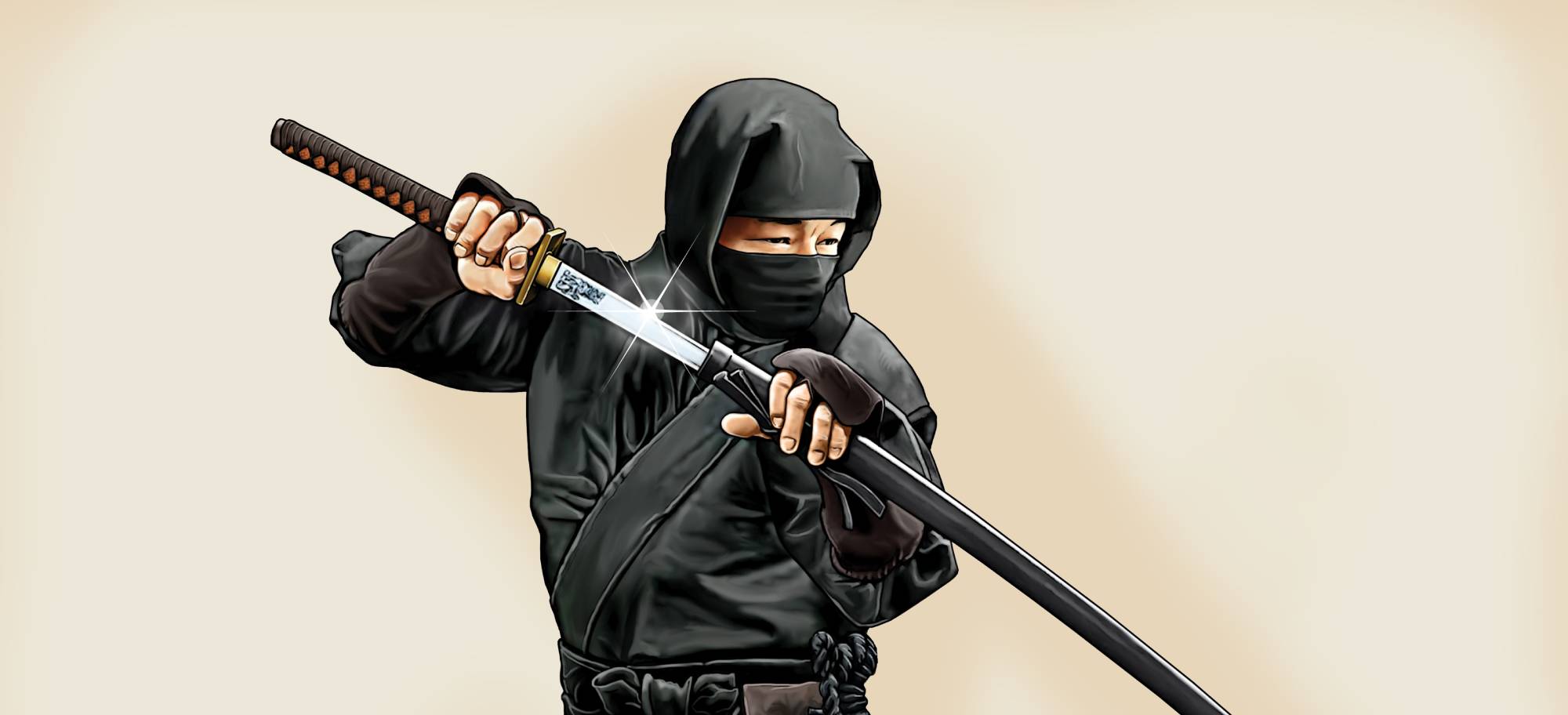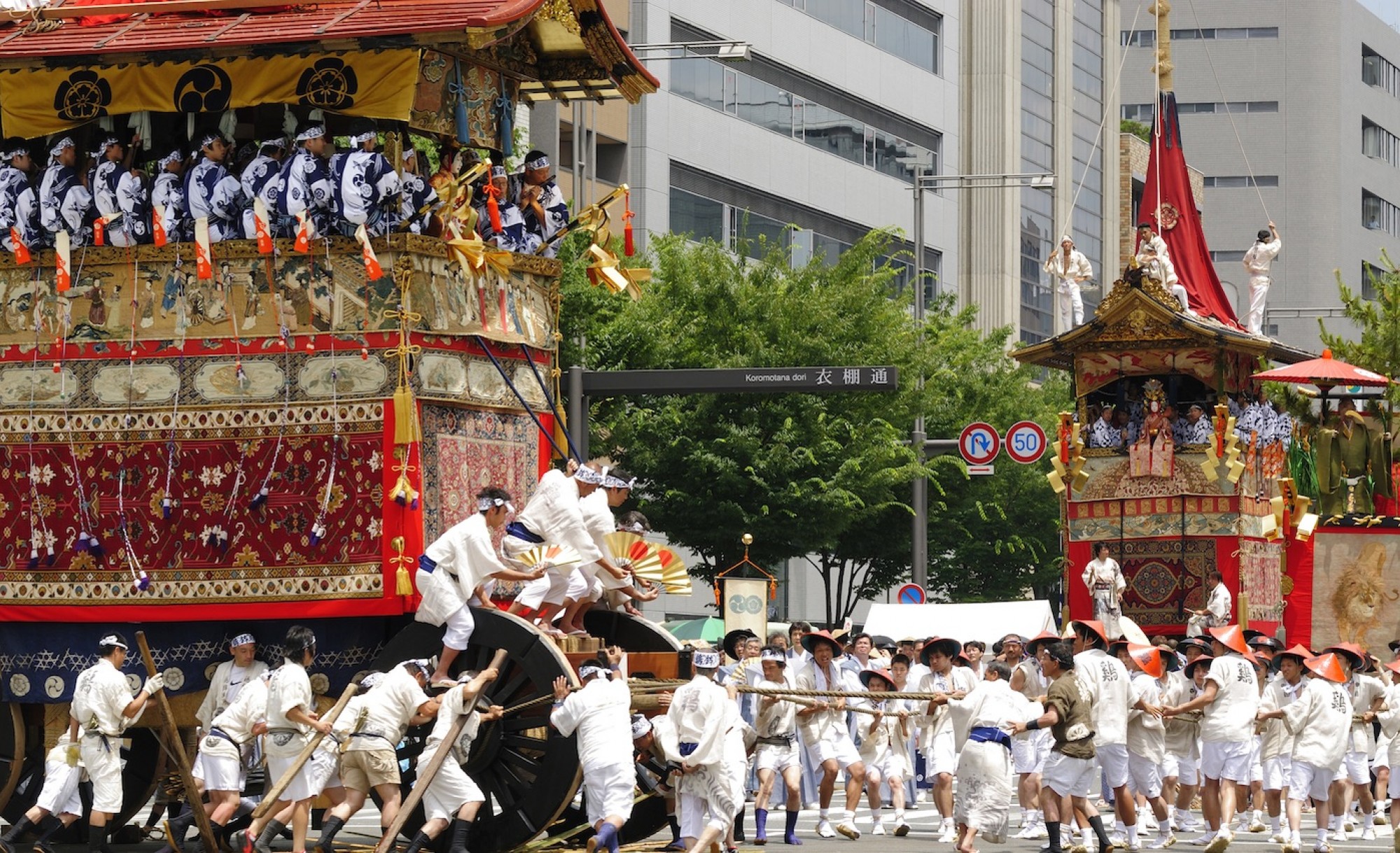Ready to become a ninja? Ok, first we need to dispel a few myths. Becoming a ninja doesn’t mean you will fly through the air, disappear from view at will, or defeat your foes with shurikens. These images of the ninja come from movies and comic books. Let’s learn about what life was really like for a ninja.

During the late 14th century, temples and local ruling families hired militia to protect their land. This is where the ninja got their start. They were hired soldiers. Later, as the power of the samurai grew, Daimyos took back the land from ruling families, and the soldiers lost their jobs.
The samurai started to hire the best soldiers to help in times of war. The ninja would go on sabotage missions, engage in guerilla fighting, do undercover work, set fires, and do contract killings. These were all assignments front-line samurai didn’t engage in. During the Sengoku Era from 1467 to 1600, also known as the Age of Warring States, ninjas were said to play a decisive role in the wars, but, perhaps because of how they lived in the shadows, there is very little historical documentation of them.
Ninjas were hired guns. Samurai pledged lifelong fidelity to a master, but ninjas often went to the highest bidder.
Most ninjas were assigned to gather information in enemy territory. They would disguise themselves as merchants or monks and spy on the townspeople. Many would disguise themselves as farmers and settle into an area for a long time. At times, they would break into a castle or an enemy residence, but mostly, they were there to gather information. Whenever they were outed, they would head for the hills. A cornered ninja might have a shuriken or two as a last resort, but they rarely used weapons and didn’t even carry swords.
A lot of the myth around ninja culture is centered on the supposed magic of Ninjutsu. But the actual book of Ninjutsu is about survival techniques, ciphering methods, and psy-ops, or psychological techniques used in interrogation and to spark alarm or surprise. The most important thing for a ninja was preparation.
In the famous book of Ninjutsu, “Touryu Dakkou Shinobi no Maki Chu,” the following is written:
You must live even when you face unbearable humiliation.
You must not fear to die for your loyalty.
Control not only your desire for money, but all your desires.
Even when you disagree with someone, control yourself and do not be assertive.
Do not be obsequious or obey people. Be independent and let your heart lead you.
Unlike samurai, ninjas were only loyal to a certain extent. They honored their contracts but didn’t offer lifelong loyalty like the samurai. If a ninja sold his services to a master, he was expected to do what it takes, no matter what, to fulfill his duties.
The book prohibits ninja from becoming greedy about money or material possessions, drinking alcohol, or philandering. Self-control is essential to a ninja. To become a ninja, you need to be extremely strict with yourself.



























